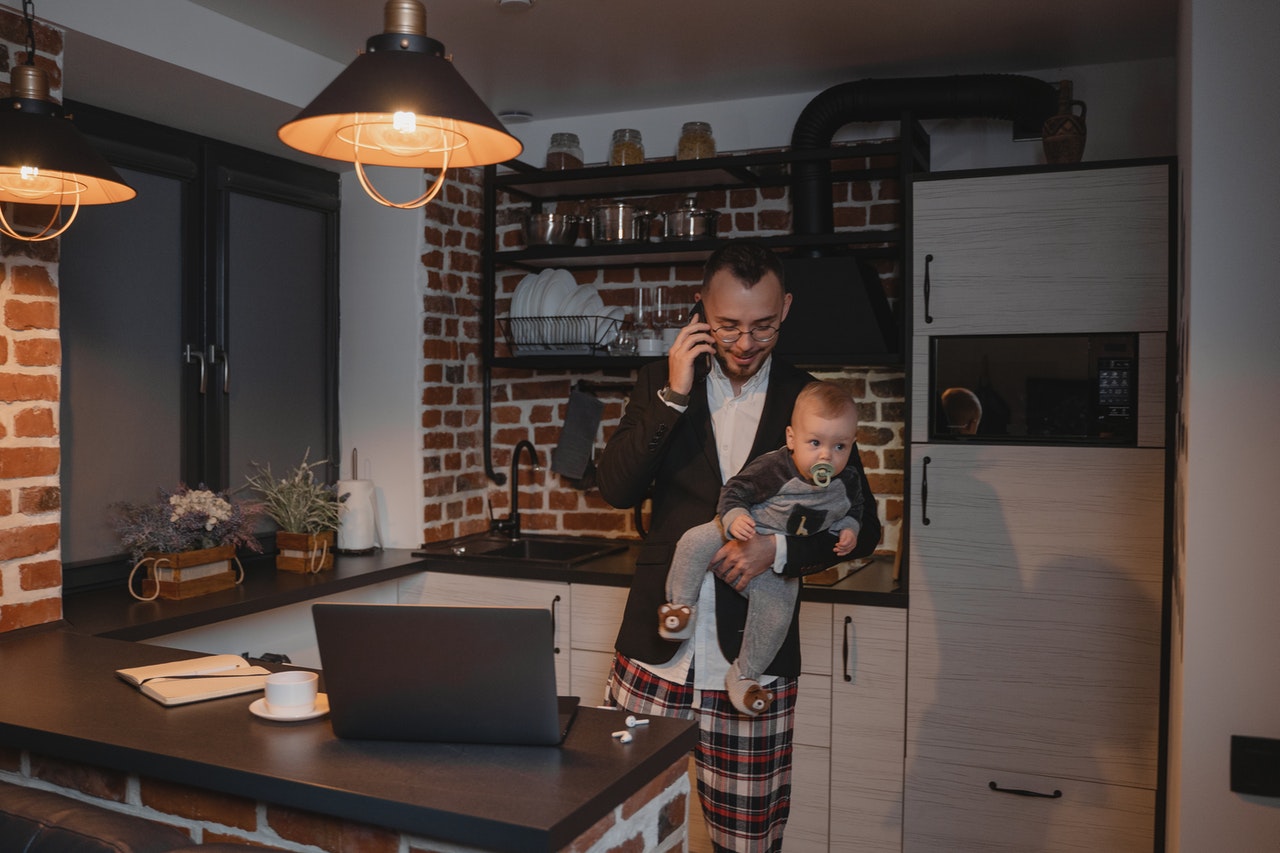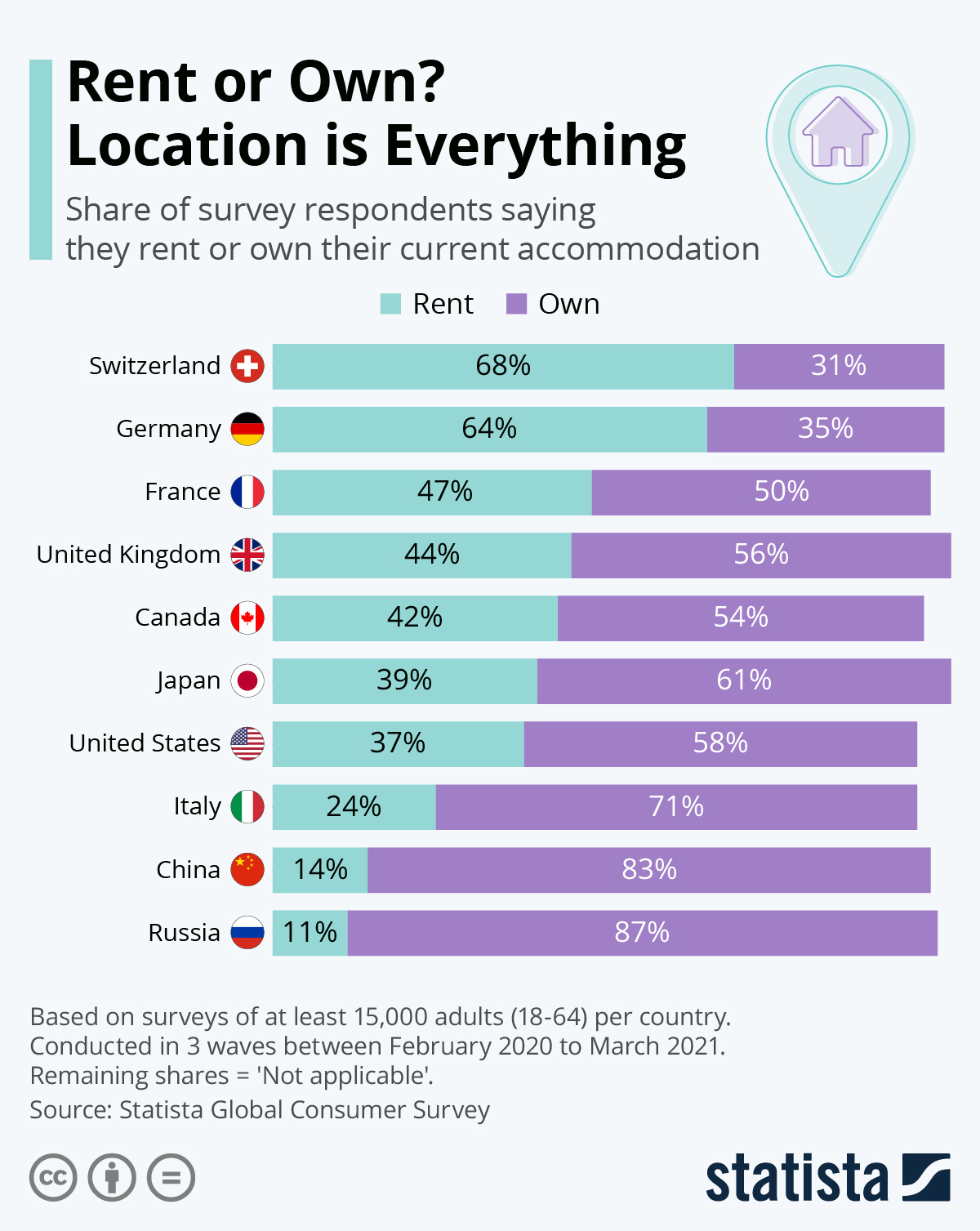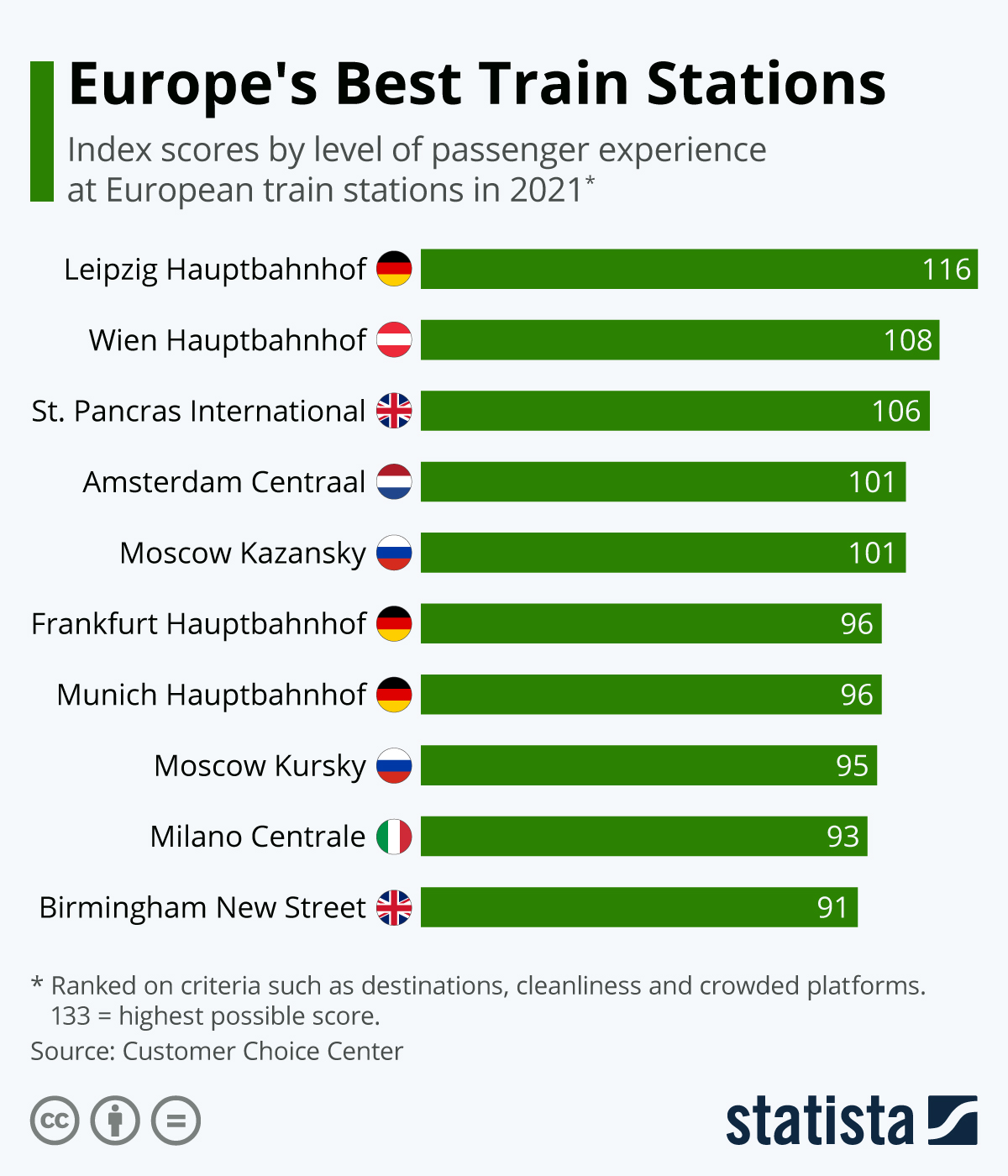• Remote working because of the pandemic has fused work and home life like never before.
• Personal and professional relationships have benefited in the new environment.
• Work-life balance, meanwhile, has been seriously disrupted.
Everyone has been affected by the pandemic and as a society we’re dealing with grief, fear and frustration all at once. What began as a sudden transition to a fully remote workforce struggling to find Ikea desks and wireless keyboards has now evolved into a complex symbiosis of work and family life.
In the past year, tech hubs like San Francisco have witnessed a significant exodus. Gourmet meals and yoga with puppies are no longer enough to retain knowledge workers in specific locations.
YouGov and digital collaboration platform Miro, which is used by 95% of Fortune 100 companies, surveyed 1,000 adults on this new environment and how it has impacted their wellness, engagement and relationships. The results paint a picture of what we can expect in a post-pandemic world.
The newfound benefits of remote work
This newfound freedom and flexibility to be closer to the people that matter most to us has sparked revelations for many in the workforce. Primarily, how important our relationships are and the key role they play in our overall happiness and well-being. Once the world opens back up, we’ll continue prioritizing them, some more concretely than others.
Nearly half (51%) of knowledge workers surveyed said the top reason they would relocate and work from home permanently is “to be closer to family and friends” or “to have a family.” It’s become the key to maintaining our sanity amid the uncertainty.
Relationships have improved in this new environment – both personal and professional. At these challenging times, it’s the social structures outside of work that can combat stress and fatigue from work. With the majority of the workday filled with virtual meetings, engaging with family and partners home, relationships with partners (40%), family and friends (30%) and children under 18 (44%) improved. Professionally, relationships with managers (28%), teammates (25%) and other colleagues (21%) advanced, making the transition to remote work smoother.
These numbers are especially striking considering that people have spent more time working during COVID than before – their relationship with their manager is crucial to a happy and healthy work life overall.
The downsides
With those revelations come another: burnout. With so many preferring a primarily working from home (WFH) life, striking a balance will be crucial moving forward. Nearly half (46%) of knowledge workers have experienced an increased (and presumably unwelcome) workload during this past year of WFH. With furloughs and the need to pivot business to stay afloat, teams are spread thin, forcing them to take on much more work than normal.
Remote workers have gained time back by not commuting to work. What do they do with all the time saved? More work. In a study by my firm and Oracle, we found that 35% of knowledge workers are working 40+ more hours each month, and 25% have burned out from overwork. Not only that, but nearly seven in 10 knowledge workers (68%) who said they work on the weekend and nearly half (45%) of remote employees reported regularly putting in more than eight hours a day.
That lack of commuting or a simple daily morning routine is crushing work-life balance. One-third of knowledge workers begin working within 20 minutes of getting up, and only one-fifth are awake for more than an hour before they start working. No breakfast, no workouts, no meditation – just straight into email and spreadsheets.
It’s not quelling any anxieties about the job, either. Nearly half remote workers feel insecure in their roles and standings within their companies without in-person communication and interaction. Twenty per cent said worrying about their colleagues seeing you as unqualified or a fraud had increased. More than a quarter (29%) said they’ve questioned their accomplishments more.
Making WFH work
In the workplace, take advantage of virtual events or opportunities to network with people outside your team. If they aren’t offering any, try to plan one yourself. Serendipity leads to innovation. Schedule a casual Zoom meeting where there is no agenda.
If your company plans on returning to the office following the pandemic, remember that you can still advocate for a hybrid model to spend more time at home with your family. Ensure more balanced workdays by prioritizing daily lunch breaks and routine walks. Citigroup will be adopting a hybrid model, allowing workers to spend two days remote, while expecting them to be in the office the other three. Office attendance promotes collaboration mentoring and helps unify teams, while remote work gives employees flexibility and independence. Adobe is also taking a hybrid approach to balance the benefits of all work arrangements like Citigroup in order to satisfy their employees and allow them to perform at their best.
And, most importantly: Set boundaries between work and life if they don’t already exist. Technology has made you accessible 24/7, but you need to know when to “plug in” and “unplug” To do this, you should intentionally block out time on your calendar for personal activities like exercise, meals and phone calls with your family. And, you should set expectations with your co-workers that you won’t be reachable after 17.00 or 18.00 during the week or anytime on the weekends unless it’s an emergency. By being both intentional about your time and upfront with your team, you can have more control over your work life.
Remote work may be here to stay. Let’s make it work for us.
Dan Schawbel, Managing Partner, Workplace Intelligence
Source: World Economic Forum












